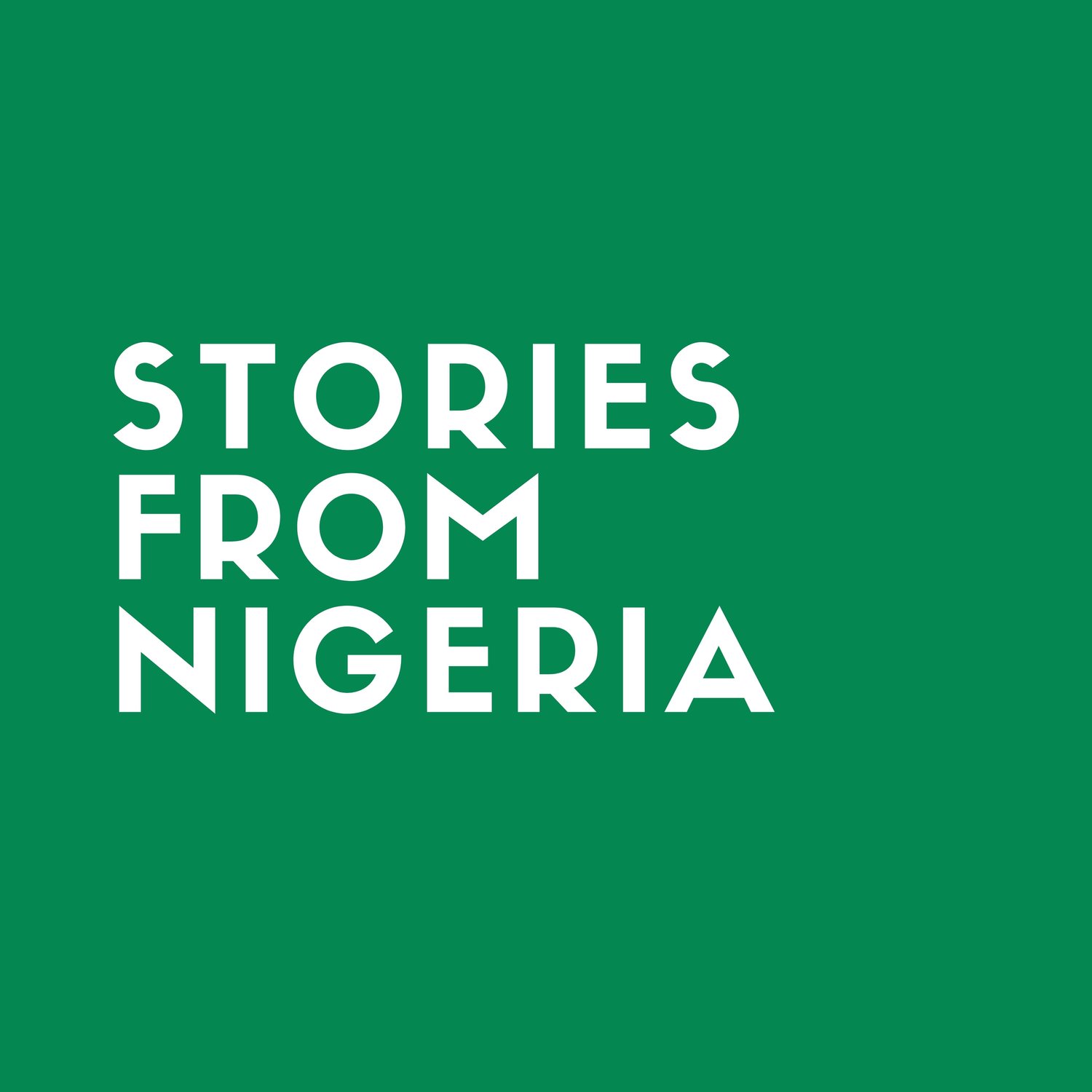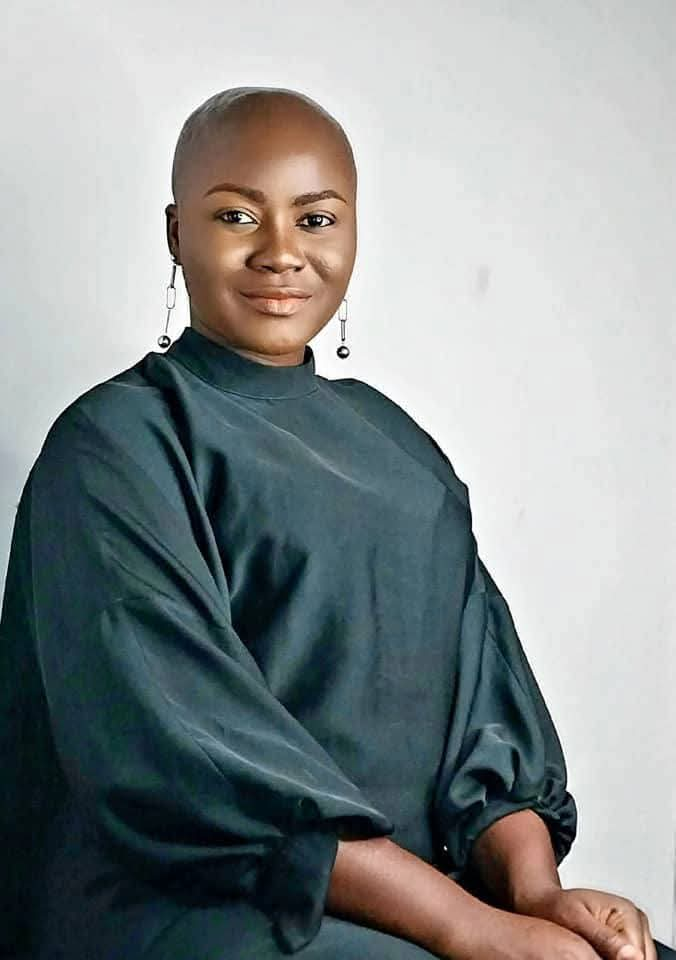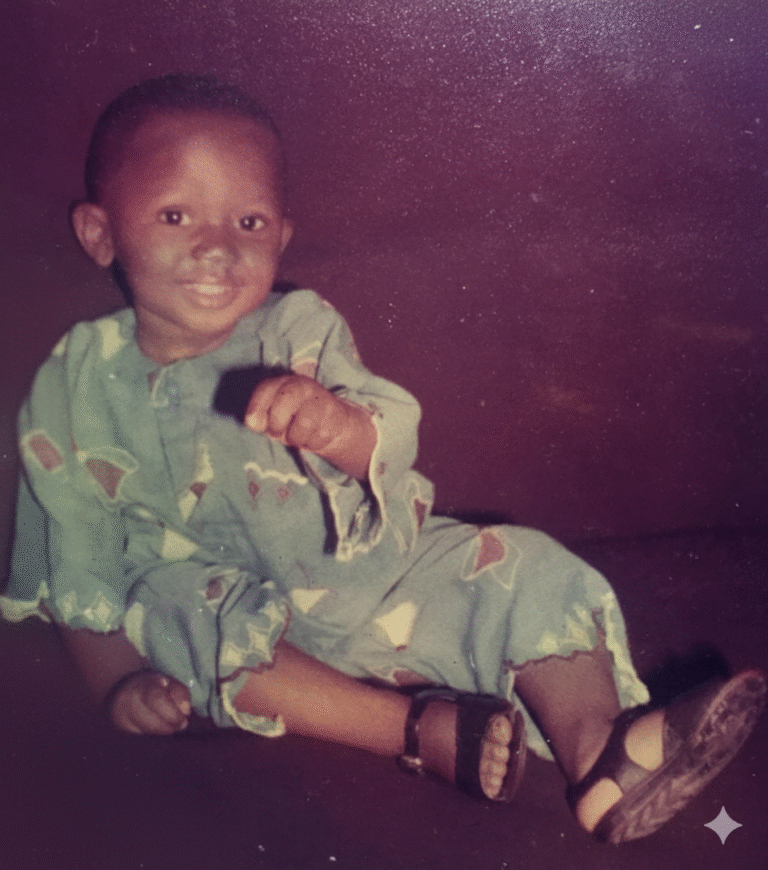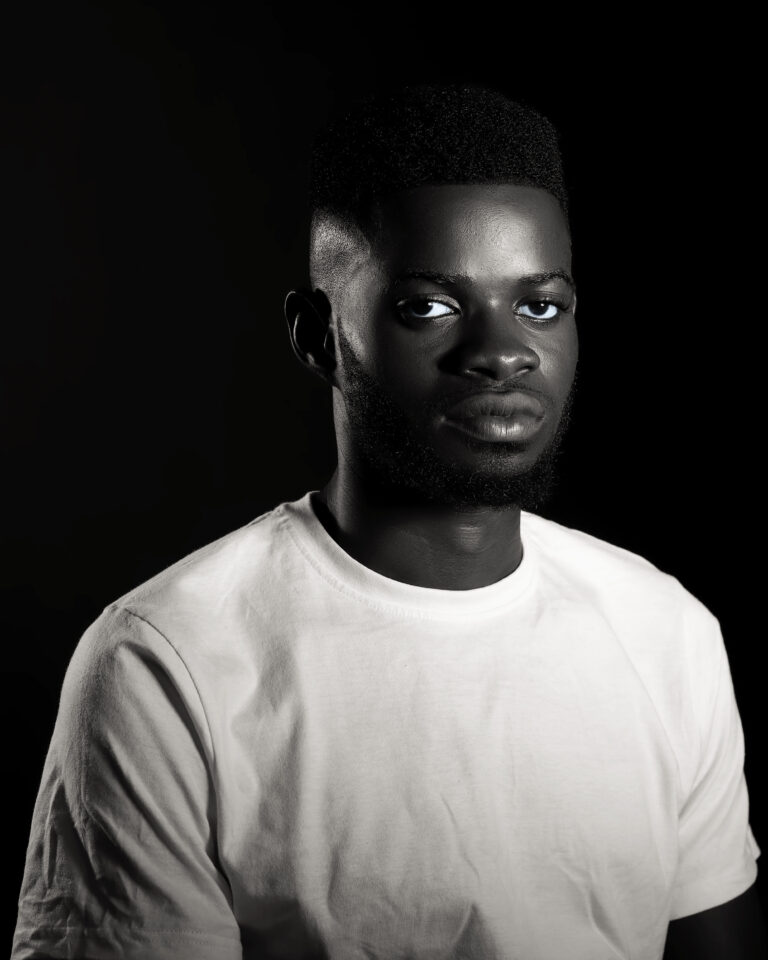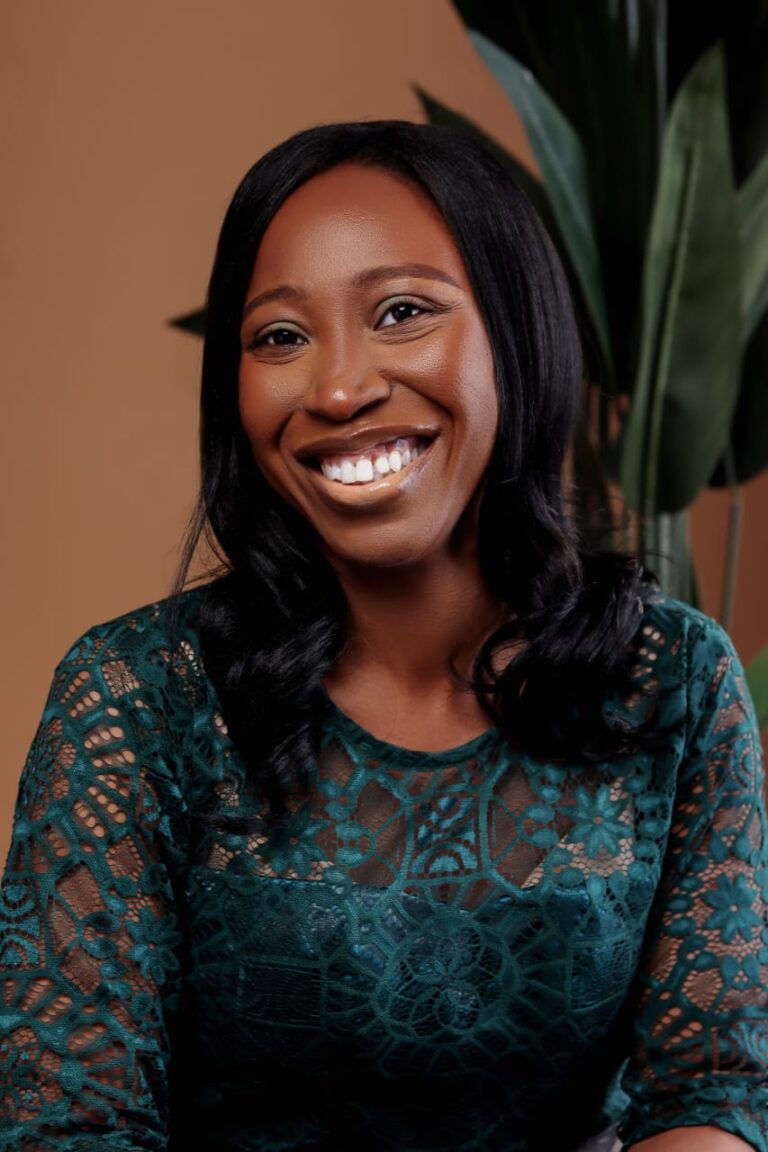I was born in Zamfara, a state in Northern Nigeria, in a small Christian community where survival meant resilience. Growing up here taught me that if I wanted something, I had to fight for it. But I never imagined that one day, I would be fighting for my life.
In the year 2020, the world had to fight for its soul. It was amidst all of this that I got married.
Zamfara was home. Life and my journey took me far from home, and I was now in Abuja, the capital city. Life unfolded the way I had hoped until everything changed.
Getting married in 2020, I had dreams like every young bride. Start a family, nurture and watch my children grow, and build a future with my husband. The dream looked a lot real when eight months later, I got pregnant. My life was going just how I had planned it, until it wasn’t.

I lost my baby. I wasn’t prepared for this.
The miscarriage shattered me, and while I was grieving, I kept telling myself that brighter days were ahead. I was young, and we were going to try again.
A few months later, on a fateful day, I felt something in my body that wasn’t normal. It was a lump in my breast.
At first, I dismissed it. Maybe it was hormonal. Maybe it would go away on its own. But months passed, and it didn’t. My husband encouraged me to see a doctor. When I finally did, she waved it off. “It’s nothing,” she said. “Go home and focus on your marriage.”
But I knew my body. I knew something wasn’t right.
A second doctor said the same thing. “It’s just a benign lump,” they assured me after an ultrasound. The result showed that it was fibroadenoma, a non-cancerous breast lump that usually occurs in young women under 25. At that time, I was 25. The doctor told me I could either remove it or wait for it to disappear. I chose the latter and decided to wait and pray.
Five months passed. The lump was still there. And now, there was pain. That’s when I knew I needed to go back.
I did another breast ultrasound, and this time, the result was different. The lump was suspicious for cancer.
Everything around me stopped. How did I get here? I was trying to start a family, finish my education; I was in my second year of university at the time, and suddenly, cancer was staring me in the face.
The doctor referred me for a biopsy. Two weeks later, the result confirmed it: “Stage two breast cancer.”
I had never heard of anyone surviving cancer. In my mind, cancer was a death sentence. There was no history of breast cancer in my family and this left me confused. I kept asking, “Why me? What did I do wrong?” I had always tried to eat healthy and take care of myself. How did this happen?
I remember the doctor telling me about the actress, Angelina Jolie, how she had a preventive mastectomy because of a family history of breast cancer. Then, the doctor said something that shook me: “We have to remove your breast.”
I couldn’t process it. “Mastectomy? Chemo?” My hair would fall out? A deep sigh followed.
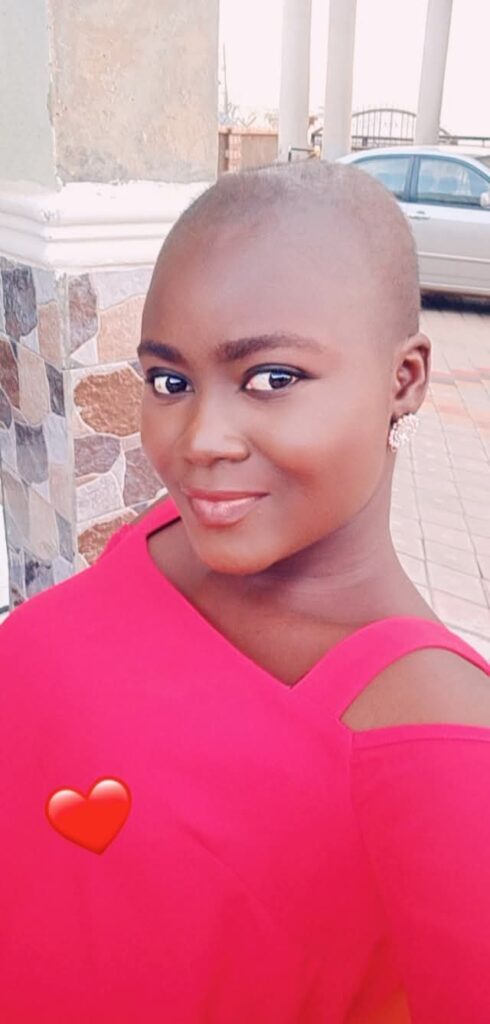
That night, I went home and searched on Google: “Do people survive breast cancer?” I was desperate for stories of hope. I found a video of a white woman sharing her survival story. She had gone through chemotherapy and surgery, and she had made it. But when I looked for African or Nigerian survivors, I barely found any. That made me feel even more alone.
Still, something in me refused to give up. I told myself, “If others have survived, so can I.” I went back to the doctor and said, “I’m ready. What’s next?”
I was referred to the national hospital and an oncology center, where I started treatment. My oncologist assured me, “People survive this. It’s not a death sentence.” Those words gave me the strength I needed.
But chemotherapy was brutal. After my first session, I thought I wouldn’t make it. The second one landed me in the emergency room. I was constantly sick, weak, and in pain. There were times I wanted to stop, but I reminded myself why I was fighting.

I did four rounds of chemotherapy before they referred me to a surgeon. That’s when I heard the words I dreaded again:
“We need to remove your breast.”
I wasn’t ready to accept it. I kept praying for a miracle. I told God, “I don’t want to lose my breast. Let the lump disappear.” But deep down, I knew what I had to do. The miracle wasn’t in avoiding surgery, it was in surviving the entire process.
Eventually, I had the mastectomy done. And I survived.
Cancer wasn’t the only battle I was fighting. I hadn’t even fully healed from the miscarriage six months prior before cancer came into my life. I was still grieving, still in pain, still trying to understand why it had happened.
Now, I had to deal with another loss: the loss of a part of my body.
There were days I felt broken. Days when I questioned why so much had been taken from me in such a short time. But through it all, I am grateful my husband was there.
I met my husband on Facebook, and our love story was unique. We didn’t date for long before getting married. In fact, it was mostly a long-distance relationship. So, when the miscarriage happened, I wondered how he would handle it.
He was my rock.
When the cancer diagnosis came, he didn’t waver. “You’re not going to die,” he told me. “We’ll fight this together.”
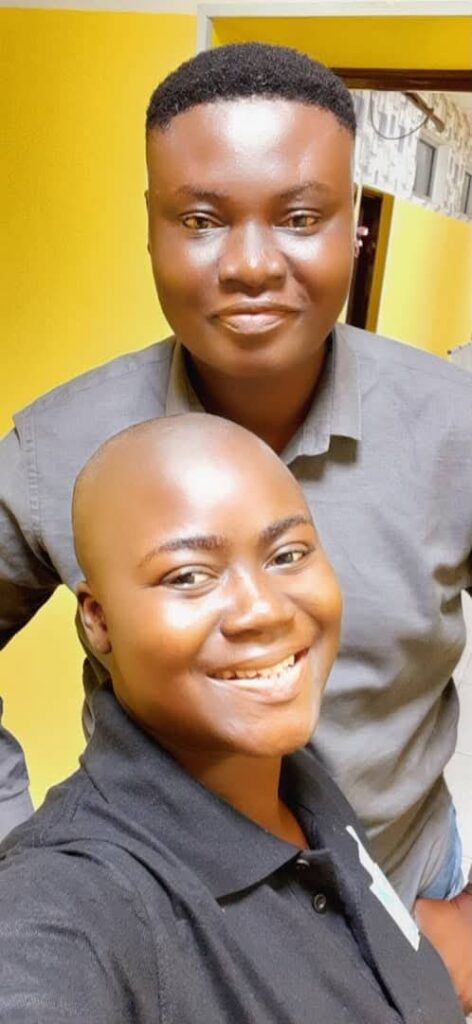
For a long time, we didn’t tell our extended families. We wanted to process it on our own. When we finally told them, they were supportive. My in-laws, my siblings, everyone rallied around me.
I consider myself lucky because I’ve met women whose husbands abandoned them after a cancer diagnosis. Some accused them of infidelity, saying cancer was a punishment from God. Others simply walked away. I can’t imagine going through this without my husband’s support.
Cancer changed everything for me. It changed the way I see life. It made me realize that beyond just existing, I wanted to make an impact.
The hardest part of cancer wasn’t just the chemotherapy or the physical pain, it was about acceptance. Accepting that this was my new life, my new reality.
At first, I was in denial. I kept asking, “Why me?” The financial burden only made it worse. How were we supposed to afford chemotherapy? Surgery? Hospital stays?
Somehow, we found a way.
Chemotherapy, though, was brutal. I lost my hair, a part of my identity. The mastectomy took another piece of me. I started pushing people away, especially my husband. I wanted him to leave, to walk away so I wouldn’t feel like a burden.
But he refused to go.
Through every mood swing, every outburst, he stayed. And slowly, I started to realize that love wasn’t just about the good times. It was about staying when things got hard.
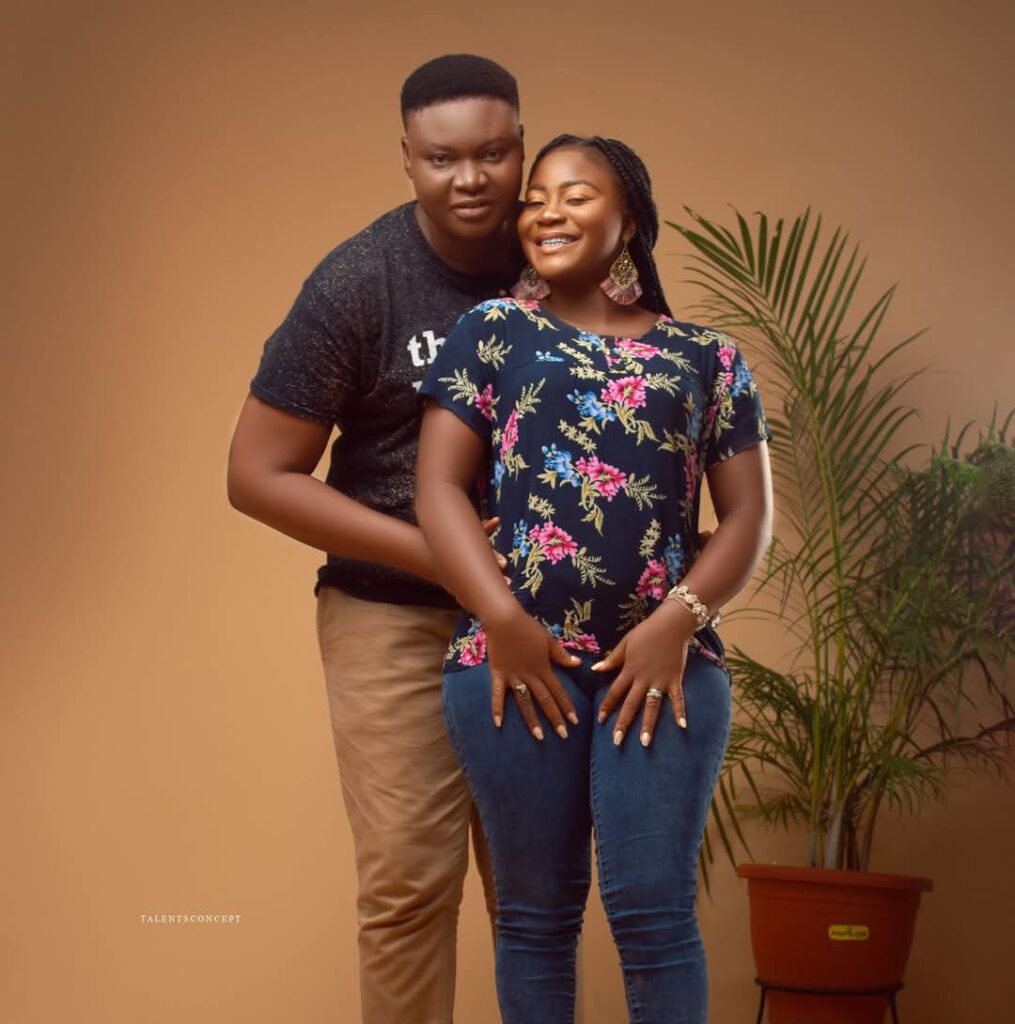
I turned to music, journaling, and scriptures. I reached out to other cancer survivors, and listened to their stories. That was my turning point.
I didn’t want to “look” like what I was going through. So I started going out again, doing things that reminded me I was still “me”. It wasn’t easy. It took months. But eventually, I started to see the light again.
Joining a cancer support group saved me. Seeing women who had survived 10, 20, even 30 years gave me hope. It made me realize that cancer wasn’t the end of my story, it was just a chapter.
Walking into the hospital for treatment was like stepping into a world I never imagined I’d be part of. Everywhere I turned, there were people just like me; people fighting for their lives. But the reality of it all hit me differently when I saw how some looked so much healthier than me, even while going through chemotherapy. And then there were others, so thin, so weak, their bones almost visible beneath their skin. It was a mix of emotions I couldn’t even begin to process.
I remember thinking, “Will I get to that point? Will I end up in a wheelchair?” The thoughts consumed me, and I struggled with the fear of the unknown. But one thing I kept telling myself was that I wouldn’t compare my healing journey to anyone else’s.
There were days I was just grateful that I was still here, that I wasn’t alone in this. But then there were days when I lost friends, people I had sat with during treatment, people I had prayed with. I felt something I can only describe as survivor’s guilt. I would ask myself, “Why am I still here? Why did they have to go?” It wasn’t easy, but I kept telling myself that healing is a miracle, and miracles happen in different ways.
Some people expect a quick, instant miracle, but sometimes, it takes time. I held on to that belief, trusting that God was pulling me through, even on the hardest days.
One of my biggest fears after surviving cancer was a reoccurrence. That thought never truly leaves. But another fear that weighed on me heavily was having kids after cancer.
I had heard stories of cancer survivors who went on to have children. But when I started treatment, no one told me what my options were. My doctor never mentioned fertility preservation. She just made decisions for me without including me in the process.
Maybe she assumed cancer was for older people, people in their 40s and 50s who already had children. But I was young. I had never given birth before. No one told me about freezing my eggs before starting chemo. And chemo? Well, it kills both the good and bad cells. I didn’t know what I was supposed to do until after my treatment had started.
I started researching on my own, and that was when I realized “Oh, I should have done this. I should have done that.” But it was already too late. I had already taken in so many chemicals without knowing what was being taken from me.
When I went back to my doctor, she apologized. She said she was busy, that there were so many cancer patients to attend to and the hospital was understaffed, that she forgot to tell me.
Later on, she suggested I take Zoladex, but I knew it wasn’t the same. It wasn’t as effective as freezing my eggs before treatment would have been.
After everything, the fear, the pain, the uncertainty, I realized that community matters so much in this journey. I’ve talked about the negligence I experienced, but beyond that, support groups play such an important role for cancer patients and survivors. In Nigeria, we don’t have nearly enough of them. Only a few states even have accessible cancer communities where patients can meet survivors, learn from them, and navigate their treatment process with better information.
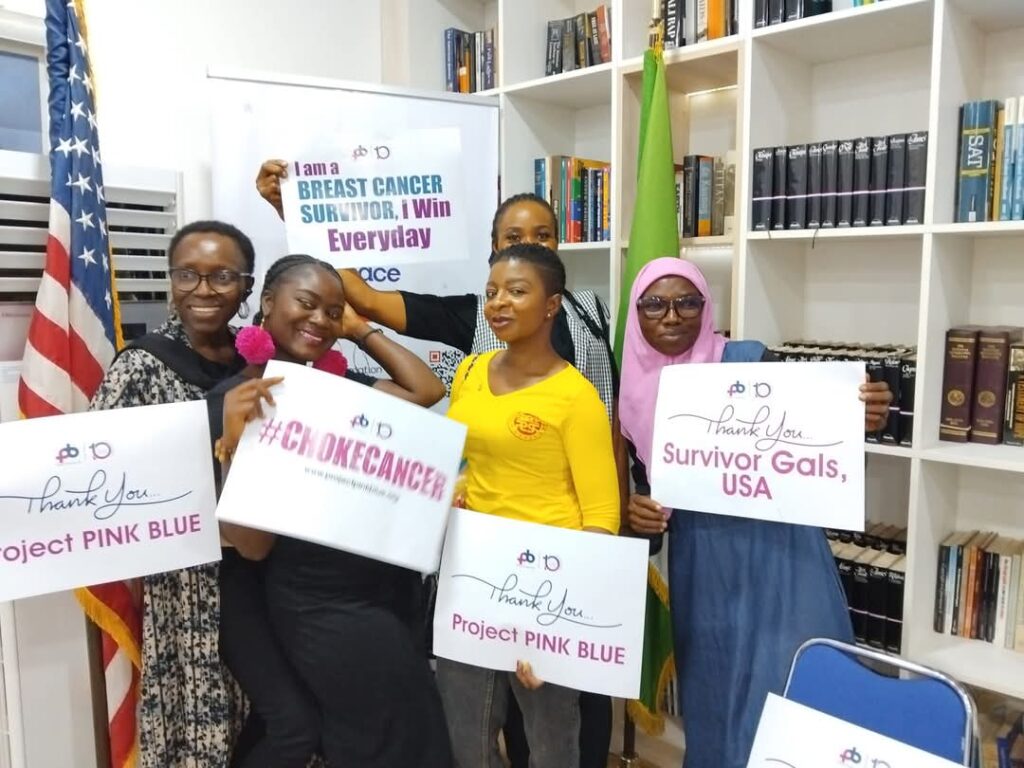
For many of us, doctors just prescribe the chemo drugs and send us off. They don’t explain what to expect beyond the obvious; hair loss, maybe some nausea, but there’s so much more that they don’t prepare you for. That’s where support groups come in. They educate patients on what to expect, what symptoms are normal, what to watch out for. Some of these groups don’t offer financial support directly, but they partner with NGOs. If you’re lucky, you can get some help when the opportunity comes. But, again, it’s not easily accessible. It takes time, and not everyone even knows these resources exist.
For example, there’s the Cancer Health Fund from the federal government, but how many cancer patients know about it? Support groups spread this kind of information, and I wish we had more of them; more NGOs, more hands on deck.
I always say that support isn’t just about money. There are so many ways to help a cancer patient. Some of them are going through treatment while worrying about who will take care of their kids. Some are struggling with meals. Even small gestures, like watching a patient’s children while she’s at the hospital or cooking food for her, make a difference. It’s about being present.
Speaking of presence, I helped my friend make her hair and that moment was special.
She is also a cancer survivor and hadn’t plaited her hair in three years. I knew how much cancer had changed her, how much she had lost. When I saw her old pictures before the diagnosis, she looked so beautiful, and so I told her, “No, we’re doing this. We’re bringing you back.” She was reluctant at first, but I insisted. I told her, “Just pay your transport and come. I’ll buy everything else.” And when we were done, she looked in the mirror and smiled. At that moment, she had her old self back.
These little things matter.
After treatment, many survivors go through depression. They’ve lost their jobs, relationships have changed, and people don’t check on them. I’ve seen it happen too many times. That’s why I want to do more. I still need support, but I know there are people who need it even more.
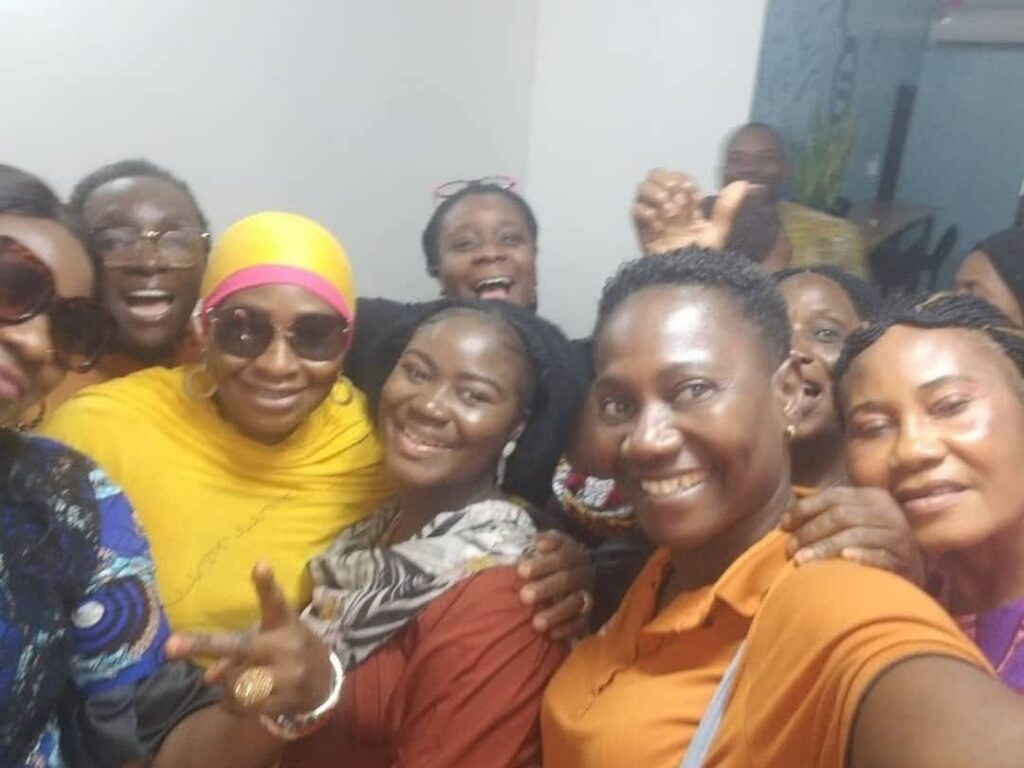
And honestly, the government could do more. There is no reintegration program for survivors. We lose everything, and then what? Before my diagnosis, I had a salon. It was my business, my livelihood. But during treatment, I had to sell everything, my shop, my tools, everything. When it was all over, I had nothing left. And there’s no system in place to help survivors rebuild.
Even caregivers need support. People don’t talk about this enough, but caregivers get tired too. They carry so much, but who takes care of them? Sometimes, they need therapy, someone to talk to, someone to acknowledge their struggles.
Through all of this, two words stand out to me: resilience and hope.
Resilience is choosing to fight even when everything around you says to give up. It’s looking at your pain, your losses, and still pushing forward. Hope is seeing a future beyond the diagnosis, beyond the struggles, believing that there is still life ahead.
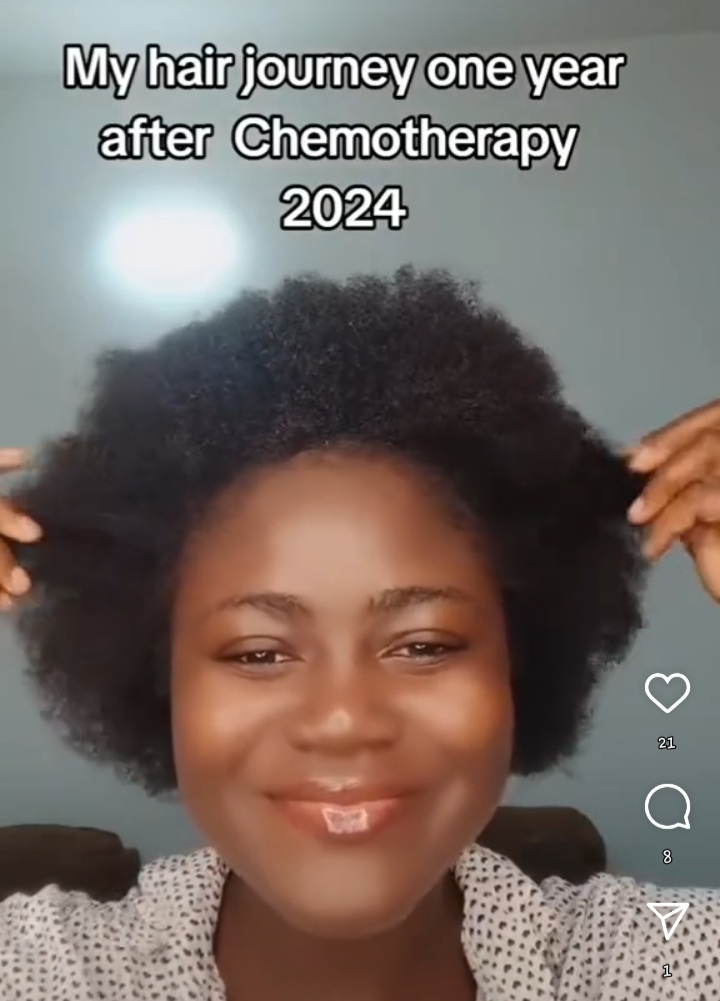
If I had given up, how would I inspire others? How would my story help someone else? Before my diagnosis, my life felt directionless. I was just existing. But now, my journey has birthed something new. I have a purpose. And I fight not just for myself but for every person who might hear my story and find strength in it.
So, if a young girl were to get diagnosed today and felt completely overwhelmed, this is what I’d tell her:
Don’t blame yourself. It’s not your fault. I know the questions will come “Why me? What did I do wrong?” but those questions will only hold you back. Instead, look ahead. See yourself surviving this. Speak life over yourself. Tell yourself, “I will make it.” Because you will.
The treatment will be hard, but everyone’s experience is different. You won’t know how strong you are until you try. And above all, hold on to something bigger than yourself. If you believe in God, trust Him. You are not alone.
I imagine if cancer could take a physical form and I could speak to it, I would look it in the eye and say,
“Cancer, you messed with the wrong girl.”
Because I’m not giving up. Not now. Not ever.

